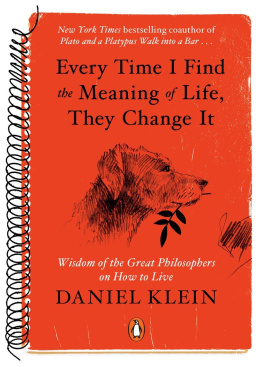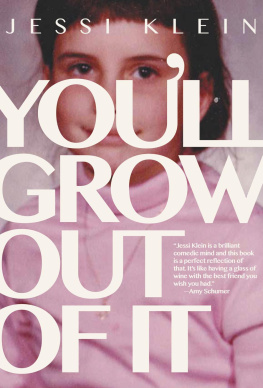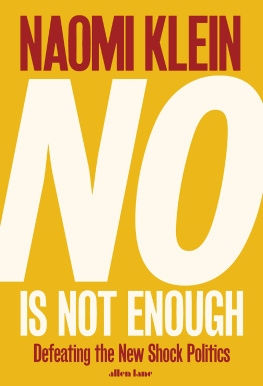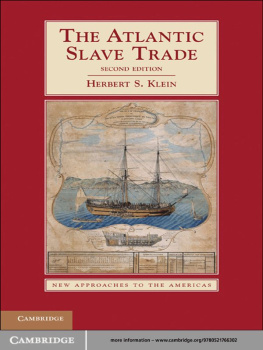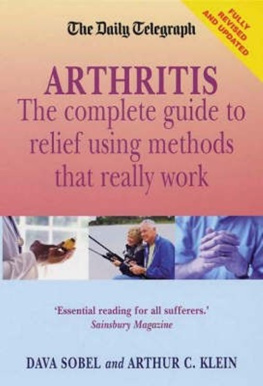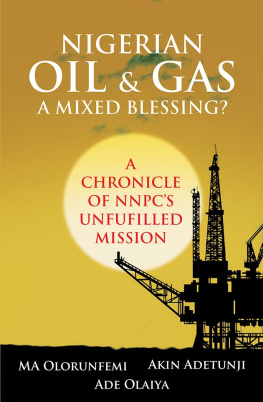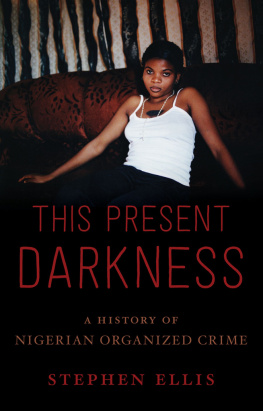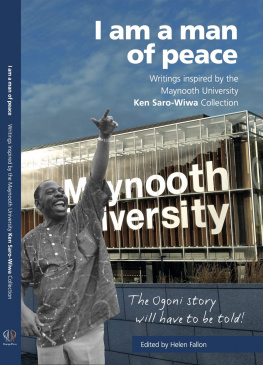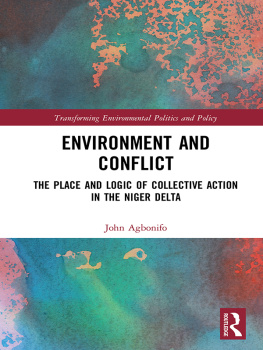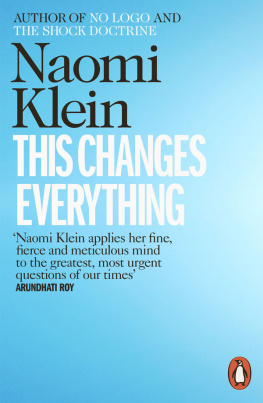Thank you for downloading this Simon & Schuster eBook.
Join our mailing list and get updates on new releases, deals, bonus content and other great books from Simon & Schuster.
C LICK H ERE T O S IGN U P
or visit us online to sign up at
eBookNews.SimonandSchuster.com
CONTENTS
For Toma
We need to remember that the work of our time is bigger than climate change. We need to be setting our sights higher and deeper. What were really talking about, if were honest with ourselves, is transforming everything about the way we live on this planet.
Rebecca Tarbotton, Executive Director of the Rainforest Action Network, 19732012
In my books Ive imagined people salting the Gulf Stream, damming the glaciers sliding off the Greenland ice cap, pumping ocean water into the dry basins of the Sahara and Asia to create salt seas, pumping melted ice from Antarctica north to provide freshwater, genetically engineering bacteria to sequester more carbon in the roots of trees, raising Florida 30 feet to get it back above water, and (hardest of all) comprehensively changing capitalism.
Science fiction writer Kim Stanley Robinson, 2012
Introduction
ONE WAY OR ANOTHER, EVERYTHING CHANGES
Most projections of climate change presume that future changesgreenhouse gas emissions, temperature increases and effects such as sea level risewill happen incrementally. A given amount of emission will lead to a given amount of temperature increase that will lead to a given amount of smooth incremental sea level rise. However, the geological record for the climate reflects instances where a relatively small change in one element of climate led to abrupt changes in the system as a whole. In other words, pushing global temperatures past certain thresholds could trigger abrupt, unpredictable and potentially irreversible changes that have massively disruptive and large-scale impacts. At that point, even if we do not add any additional CO2 to the atmosphere, potentially unstoppable processes are set in motion. We can think of this as sudden climate brake and steering failure where the problem and its consequences are no longer something we can control.
Report by the American Association for the Advancement of Science, the worlds largest general scientific society, 2014
I love that smell of the emissions.
Sarah Palin,
A voice came over the intercom: would the passengers of Flight 3935, scheduled to depart Washington, D.C., for Charleston, South Carolina, kindly collect their carry-on luggage and get off the plane.
They went down the stairs and gathered on the hot tarmac. There they saw something unusual: the wheels of the US Airways jet had sunk into the black pavement as if it were wet cement. The
Eventually, a larger,
The temperatures in the summer of 2012 were indeed unusually hot. (As they were the year before and the year after.) And its no mystery why this has been happening: the profligate burning of fossil fuels, the very thing that US Airways was bound and determined to do despite the inconvenience presented by a melting tarmac. This ironythe fact that the burning of fossil fuels is so radically changing our climate that it is getting in the way of our capacity to burn fossil fuelsdid not stop the passengers of Flight 3935 from reembarking and continuing their journeys. Nor was climate change mentioned in any of the major news coverage of the incident.
I am in no position to judge these passengers. All of us who live high consumer lifestyles, wherever we happen to reside, are, metaphorically, passengers on Flight 3935. Faced with a crisis that threatens our survival as a species, our entire culture is continuing to do the very thing that caused the crisis, only with an extra dose of elbow grease behind it. Like the airline bringing in a truck with a more powerful engine to tow that plane, the global economy is upping the ante from conventional sources of fossil fuels to even dirtier and more dangerous versionsbitumen from the Alberta tar sands, oil from deepwater drilling, gas from hydraulic fracturing (fracking), coal from detonated mountains, and so on.
Meanwhile, each supercharged natural disaster produces new irony-laden snapshots of a climate increasingly inhospitable to the very industries most responsible for its warming. Like the 2013 historic floods in Calgary that forced the head offices of the oil companies mining the Alberta tar sands to go dark and send their employees home, while a train carrying flammable petroleum products teetered on the edge of a disintegrating rail bridge. Or the drought that hit the Mississippi River one year earlier, pushing water levels so low that barges loaded with oil and coal were unable to move for days, while they waited for the Army Corps of Engineers to dredge a channel (they had to appropriate funds allocated to rebuild from the previous years historic flooding along the same waterway). Or the coal-fired power plants in other parts of the country that were temporarily shut down because the waterways that they draw on to cool their machinery were either too hot or too dry (or, in some cases, both).
Living with this kind of cognitive dissonance is simply part of being alive in this jarring moment in history, when a crisis we have been studiously ignoring is hitting us in the faceand yet we are doubling down on the stuff that is causing the crisis in the first place.
I denied climate change for longer than I care to admit. I knew it was happening, sure. Not like Donald Trump and the Tea Partiers going on about how the continued existence of winter proves its all a hoax. But I stayed pretty hazy on the details and only skimmed most of the news stories, especially the really scary ones. I told myself the science was too complicated and that the environmentalists were dealing with it. And I continued to behave as if there was nothing wrong with the shiny card in my wallet attesting to my elite frequent flyer status.
A great many of us engage in this kind of climate change denial. We look for a split second and then we look away. Or we look but then turn it into a joke (more signs of the Apocalypse!). Which is another way of looking away.
Or we look but tell ourselves comforting stories about how humans are clever and will come up with a technological miracle that will safely suck the carbon out of the skies or magically turn down the heat of the sun. Which, I was to discover while researching this book, is yet another way of looking away.
Or we look but try to be hyper-rational about it (dollar for dollar its more efficient to focus on economic development than climate change, since wealth is the best protection from weather extremes)as if having a few more dollars will make much difference when your city is underwater. Which is a way of looking away if you happen to be a policy wonk.
Or we look but tell ourselves we are too busy to care about something so distant and abstracteven though we saw the water in the subways in New York City, and the people on their rooftops in New Orleans, and know that no one is safe, the most vulnerable least of all. And though perfectly understandable, this too is a way of looking away.
Or we look but tell ourselves that all we can do is focus on ourselves. Meditate and shop at farmers markets and stop drivingbut forget trying to actually change the systems that are making the crisis inevitable because thats too much bad energy and it will never work. And at first it may appear as if we are looking, because many of these lifestyle changes are indeed part of the solution, but we still have one eye tightly shut.
Or maybe we do lookreally lookbut then, inevitably, we seem to forget.
Next page


